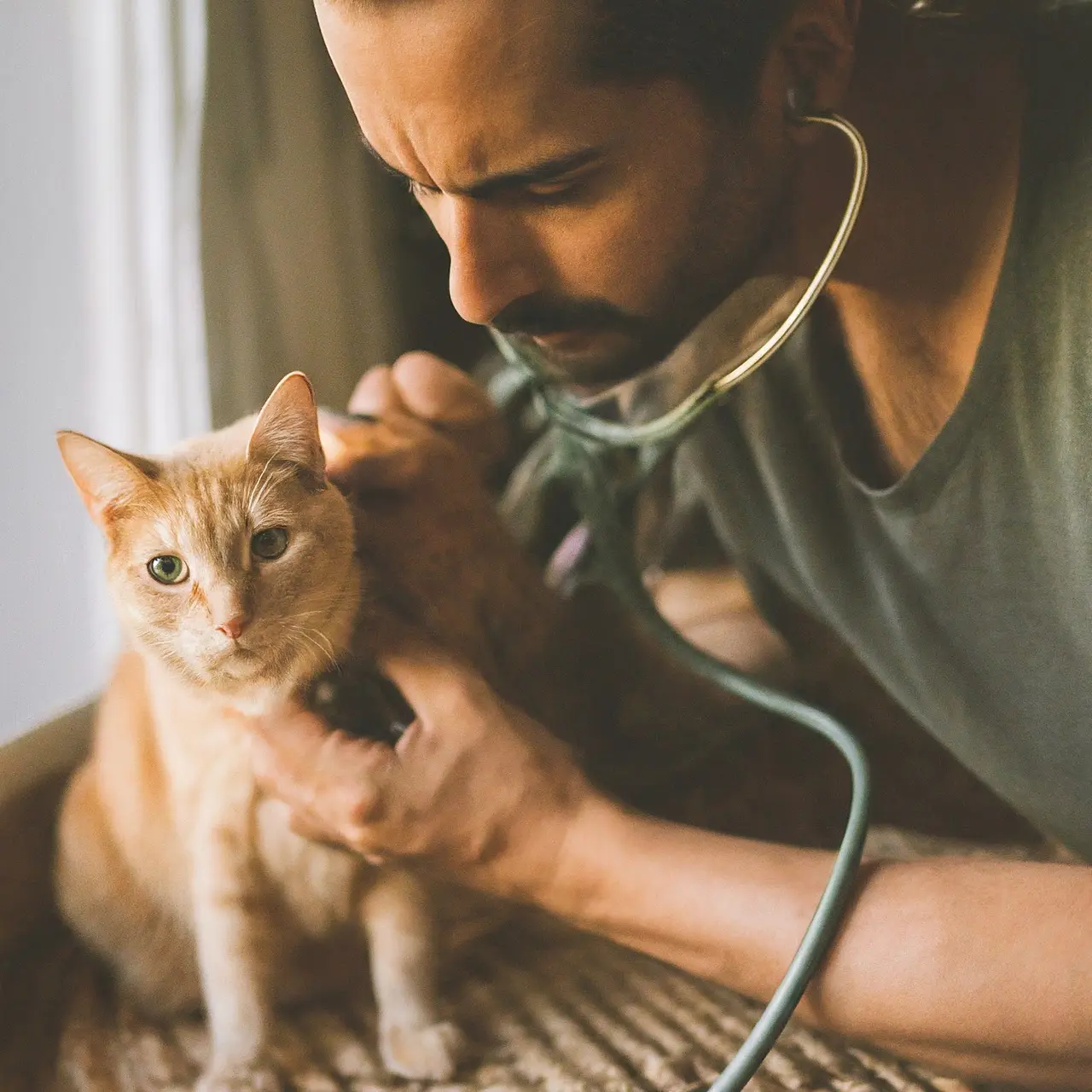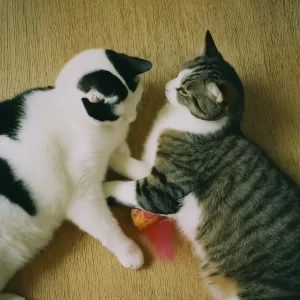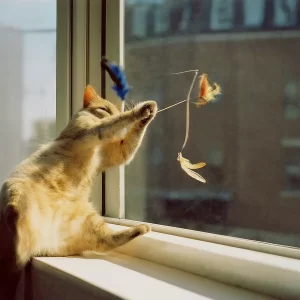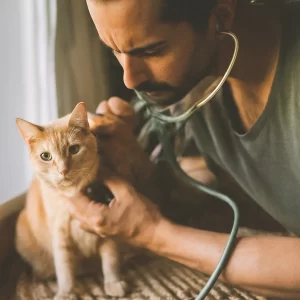Cats are masters at hiding discomfort and illness, making the task of recognizing when they need health care assistance a crucial aspect of feline companionship. Your vigilance can be the difference between early intervention and a health crisis.
Recognizing Early Symptoms of Illness in Cats
Identifying early signs of illness in cats is not always straightforward. Changes in appetite or water consumption can be subtle yet indicative of underlying health issues. Similarly, alterations in grooming habits, such as excessive grooming or neglect, can signal discomfort or stress.
Beyond these signs, vocal changes or shifts in behavior, like increased aggression or withdrawal, can also suggest that your cat is not feeling well. Monitoring for these signs daily can provide critical clues about your cat’s health.
Lethargy or a decrease in activity level is another red flag. Cats naturally enjoy play and exploration, so a lack of interest in these activities may point to health concerns.
The Importance of Regular Veterinary Check-ups
Regular veterinary check-ups are vital in catching health issues in their early stages. Annual or bi-annual visits allow your vet to monitor changes over time, which might not be apparent to the untrained eye.
Preventative care, such as vaccinations and parasite control, is also discussed during these visits, offering an added layer of protection to your cat’s long-term well-being.
Common Health Issues and Their Signs in Cats
Urinary tract infections (UTIs) and kidney disease are common and can manifest as changes in urination habits. Difficulty urinating, frequent attempts to urinate, or urinating outside the litter box can all be signs of these conditions.
Dental disease is another prevalent issue, with bad breath, drooling, or difficulty eating as possible indicators. Weight loss or gain, coughing, and changes in breathing patterns can also signal serious health concerns, including heart disease or asthma.
Gastrointestinal issues might present as vomiting, diarrhea, or constipation. While occasional episodes can occur, frequent occurrences warrant immediate veterinary attention.
When to Seek Immediate Veterinary Care
Certain symptoms require immediate attention, such as sudden or severe lethargy, difficulty breathing, prolonged hiding, or uncontrolled bleeding. These signs can indicate a medical emergency, and prompt veterinary care can be lifesaving.
Sudden changes in demeanor or appearance, such as a swollen abdomen or unexplained weight loss, should also prompt a visit to your veterinarian as these could be signs of serious conditions.
Being attuned to the subtleties of your cat’s behavior and physical health can make a significant difference in their well-being. Early detection plays a pivotal role in addressing potential health issues, ensuring that your feline friend receives the timely cat health care they deserve.
















